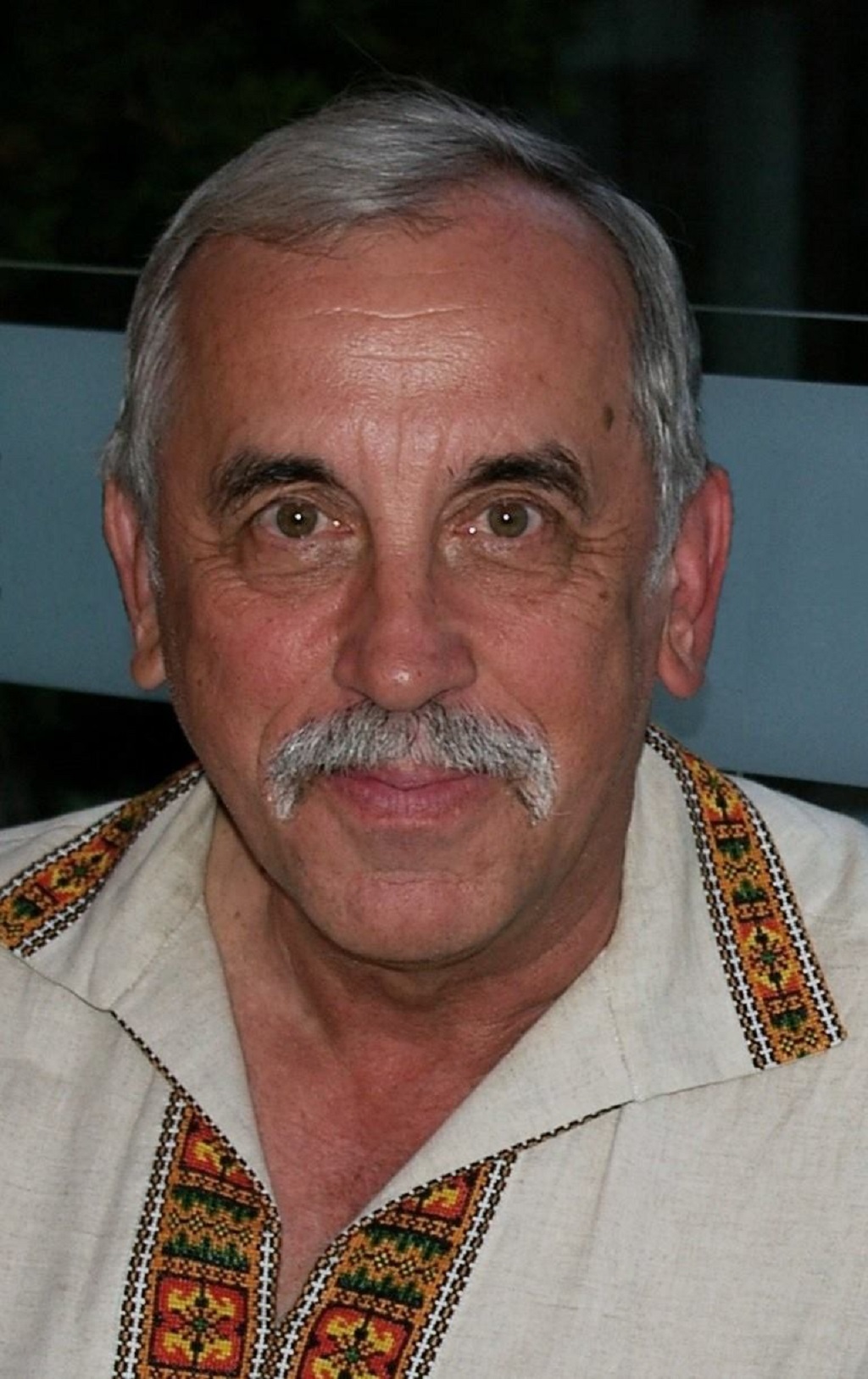Volodymyr Kish.
It is spring time in Pidkamin, that picturesque little town on the road between Brody and Ternopil, and home to my eccentric yet lovable cousin Hryts. I had called Hryts to catch up on things, since it had been a while since I last had a conversation with him.
I should of course qualify the term conversation, since any dialogue with Hryts inevitably results in a one-way flow of words and opinions from his end that invariably exposes my utter lack of knowledge and wisdom on things that really matter. Hryts, on the other hand, has not only accumulated an immeasurable store of facts and lore, but through many decades of experience both good and bad, has also evolved insight and wisdom that is unparalleled to that of anyone else I have ever encountered. I am envious of his giftedness and rue the fact that though we share genetic history, I, for some reason, lack those perceptive chromosomes that he has been blessed with.
Our most recent conversation began with a detailed accounting of Hryts’ spring planting activities. Foremost of these was planting the main crop in his garden, namely potatoes. These play a leading role in Ukrainian cuisine, being the prime ingredient in two of Hryts’ (and mine) favourite comfort foods, namely varenyky (potato dumplings) and deruny (potato pancakes). As is usually the case, Hryts accompanied his narration with an impromptu history lesson on how potatoes got to Ukraine.
“I presume” he began, “that you know that potatoes originally came to Europe from South America, specifically Peru and Bolivia, where they have been cultivating and eating them for thousands of years. The Spanish conquistadors brought them back to Europe in the sixteenth century, after which they spread slowly across the continent. They were introduced to western Ukraine by the Polish king Jan Sobieski, who discovered them while fighting the Turks in Austria. He liked the taste and had them planted on his estates in Ukraine. He encouraged the other Polish nobles who controlled territories in Ukraine to do likewise, and by the end of the 17th century, they were being planted and grown here in Pidkamin. Much as I hate to say it, there are some things we should be grateful for to the Poles.”
“And how is your garden coming along?” he asked.
“Not too bad all things considered” I replied. “The garlic that I planted late in the fall is really sprouting like crazy. I hope it turns out better than last year. That crop was disappointing. The yield was low, and the bulbs were tiny when I finally harvested them.”
“Did you work in some manure into the soil before planting?” he asked.
“Uh, no…” I replied hesitatingly, “but I did use some commercial chemical fertilizer.”
“Bah” he shot back, “you need to use some real organic manure. And how did you plant them?”
“Aaaah,” I answered slowly, “I, uh, dug holes in the ground, put in a clove and covered it up.”
“No, no” he replied impatiently, “you have to be careful and precise. (‘Akuratno’ was the Ukrainian term he used.) The cloves must be planted 5 cm deep with the pointed end up and 20 cm apart, and it has to be in the right kind of soil, loose and not hard clay. And make sure it is in a spot where it gets lots of sunlight. It needs lots of heat, and not too much water.”
“I will try to do it right next time, Hrytsiu” I replied sheepishly.
“I also planted some horseradish last year, but it never came up” I continued.
“Dear God!” he exclaimed, “You are a shame to your peasant Ukrainian roots. I don’t understand how you can fail at growing horseradish. You stick it in the ground, any kind of ground and it will grow without any kind of special attention or cultivation. It is hardy and almost indestructible. It is like our people. You can plant a Ukrainian anywhere and he will take root and prosper, no matter how harsh the soil or conditions may be.”
I must admit that though I cringed at the insult, I fell in love with the analogy. A Ukrainian is like horseradish, hardy and indestructible. I can live with that.
Share on Social Media


































